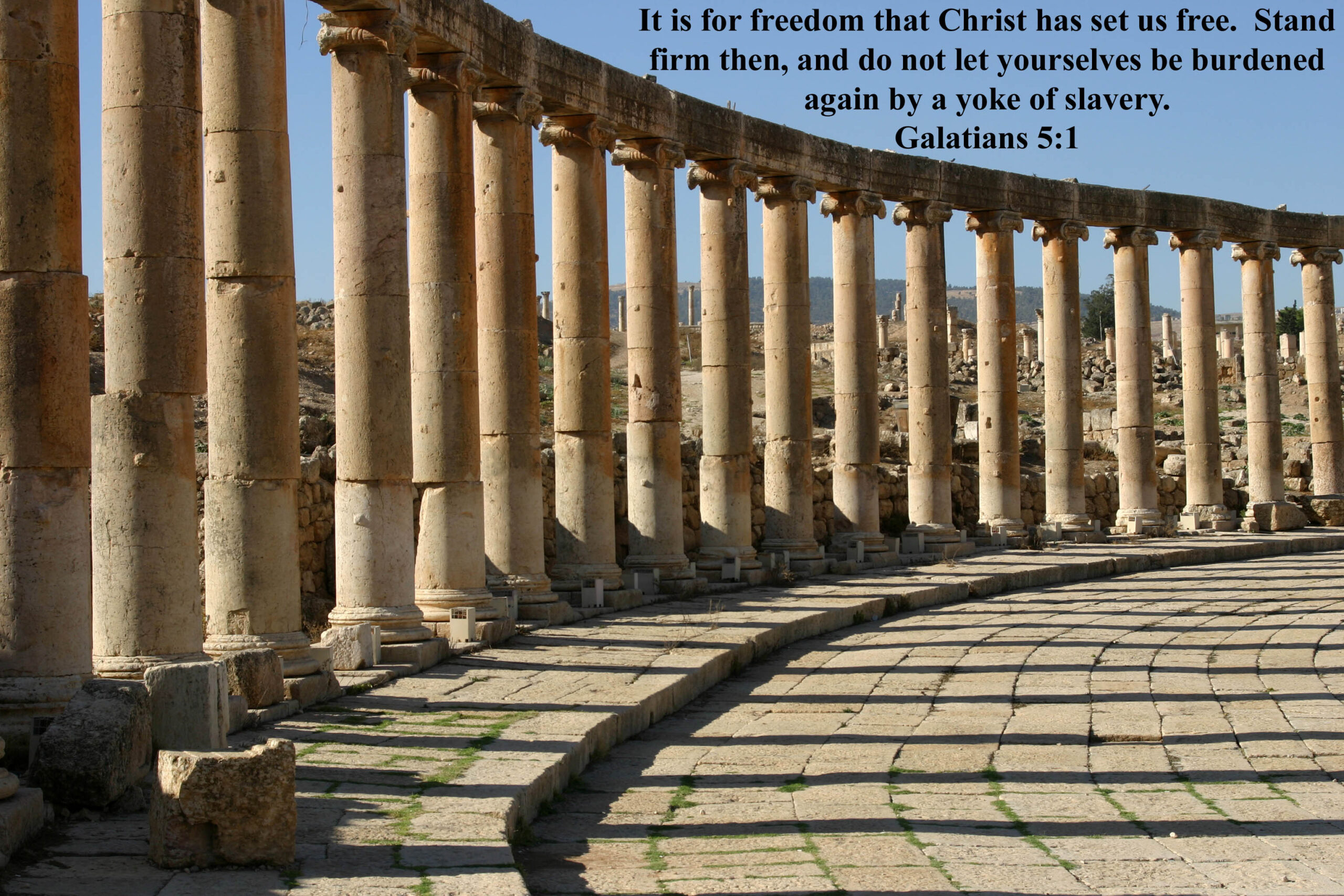Paul David Tripp’s “Dangerous Calling” Seminar was an excellent example of what a parachurch speaking ministry ought to be. In my last post I commented on two of Tripp’s perspectives on the temptations of pastoral ministry today. Here are some more thoughts about his presentation:
3. Dr Tripp’s third perspective was a reminder that Jesus Christ is the Head of the Church, “everything else is body.”
He spoke about the dangers of confusing our personal kingdom with God’s kingdom. This temptation may loom larger in popular, successful ministries, but I am not immune from mistaking my predispositions for God’s purpose for me. Furthermore, we must be watchful of other well meaning friends. “There are people who love you and who have a wonderful plan for your life.”
4. Fourthly, we must not neglect the Seduction of the Fall. Genesis 3 never loses its relevance. We all have a tendency to “do life without God.” From this text (as well as from Deut. 6:1-15) Tripp highlighted our propensity for Automomy, Self-sufficiency, and outward Idolatry. In the Christian ministry this can take on the appearance of God’s blessing, when it is really the rotting fruit of pragmatic independence.
5. Point 5 was about the Violence of Grace. Turning to Psa. 51:8 Tripp showed how God will go to extreme lengths to make us what He wants us to be. This verse includes the line, “let the bones that you have broken rejoice.” Tripp didn’t say it, but I’m sure he knows that this was a favorite text of the Puritans. To give us what we need (rather than what we deserve) God gives us His grace. We need so many things, but it is hard to argue against Tripp when he says, “The grace we need today is the grace of refinement.” He then made effective use of Amos 4:6-12 where, after recounting the trials God put His people through, the refrain “yet you did not return to me” is repeated five times. “You will not have a painless, unobstructed ministry life,” he told us. “God doesn’t so much want your ministry; He wants you!” “Love is always jealous.”
It was at this point that Dr Tripp said a phrase in passing that he did not enlarge upon. He mentioned what he called “the righteousness of importunity.” I really wish he would have expounded this idea. It is a striking phrase. It seems to go to the heart of true prayer. Perhaps I will give my own musings upon it in another post?



